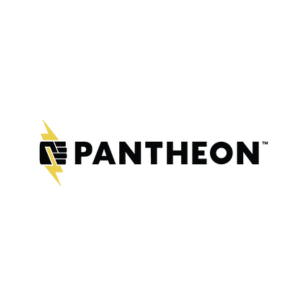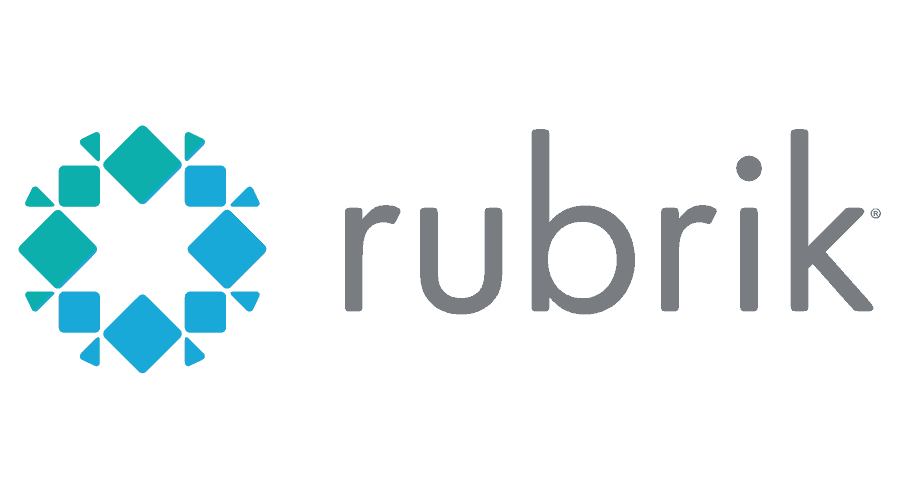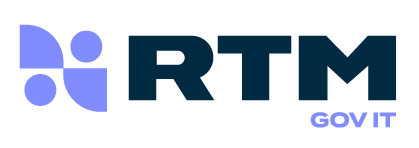About The Program
The Summer Government IT Congress is an invitation-only gathering that brings together 45–50 CIOs, CISOs, CTOs, and executive IT leaders for collaboration, and strategic discussion around today’s most pressing government technology priorities.
Centered on this year’s theme, Leading Through Acceleration: Securing and Modernizing Government IT Amid Constant Change, will explore how public sector organizations are strengthening cybersecurity, modernizing infrastructure, governing AI adoption, and delivering results amid growing operational and budget pressures.
Topics of Discussion
Doing More with Less: Maximizing Impact Under Budget Constraints
With IT teams facing increasingly constrained budgets, this discussion underscores the importance of finding innovative ways to fund both new and ongoing projects without overspending.
Accelerating Decision-Making: Accountability and Leadership in Fast-Moving Environments
Government IT leaders are navigating higher-stakes decisions under tighter timelines. This discussion explores how CIOs, CISOs, and CTOs balance urgency, risk, and governance without slowing execution.
AI With Guardrails: Governing Adoption, Measuring ROI, and Managing Risk
As AI moves from pilot to production, leaders must define responsible use. This topic examines how agencies are setting policies, evaluating value, and aligning AI initiatives with compliance requirements.
Cyber Resilience: Prepare, Respond, Recover
Cyber risk remains a top concern across all levels of government. Leaders will discuss real-world approaches to incident readiness, recovery, and resilience under staffing and budget constraints.
Governing Continuous Change: Modernizing Systems Without Slowing Delivery
Modernization is now constant rather than cyclical. This discussion examines how leaders maintain oversight and control while enabling teams to move faster.
Culture as Infrastructure: Leadership, Accountability, and Change Management in Government IT
Technology transformation depends on people. This topic explores how culture, leadership behavior, and accountability structures influence modernization and security outcomes.
Workforce Under Pressure: Recruiting, Retaining, and Developing IT Talent Amid Constraints
Workforce challenges continue to intensify across government IT. Leaders will discuss strategies for retention, skills development, and team resilience in a constrained labor and funding environment.
From Strategy to Execution: Turning Vision Into Measurable Results
Strategic plans are only as effective as their execution. This discussion focuses on how leaders prioritize initiatives, manage tradeoffs, and measure impact in real operating conditions.
Delivering Citizen Value at Scale: Modernizing Services While Managing Legacy and Policy Constraints
Citizen expectations continue to grow despite operational limitations. This topic examines how agencies improve service delivery and trust while navigating legacy systems and regulatory requirements.
4 out of 5 delegates said this is the best event they’ve attended all year
Keynote Speaker
A dynamic roster of keynote speakers drives innovation at our congress events. Discover thought leaders and game-changers whose invaluable insights foster growth and excellence in each of our delegates.

Los Angeles, California
Past & Current Speakers

New Hampshire, New Hampshire

Shreveport, Louisiana
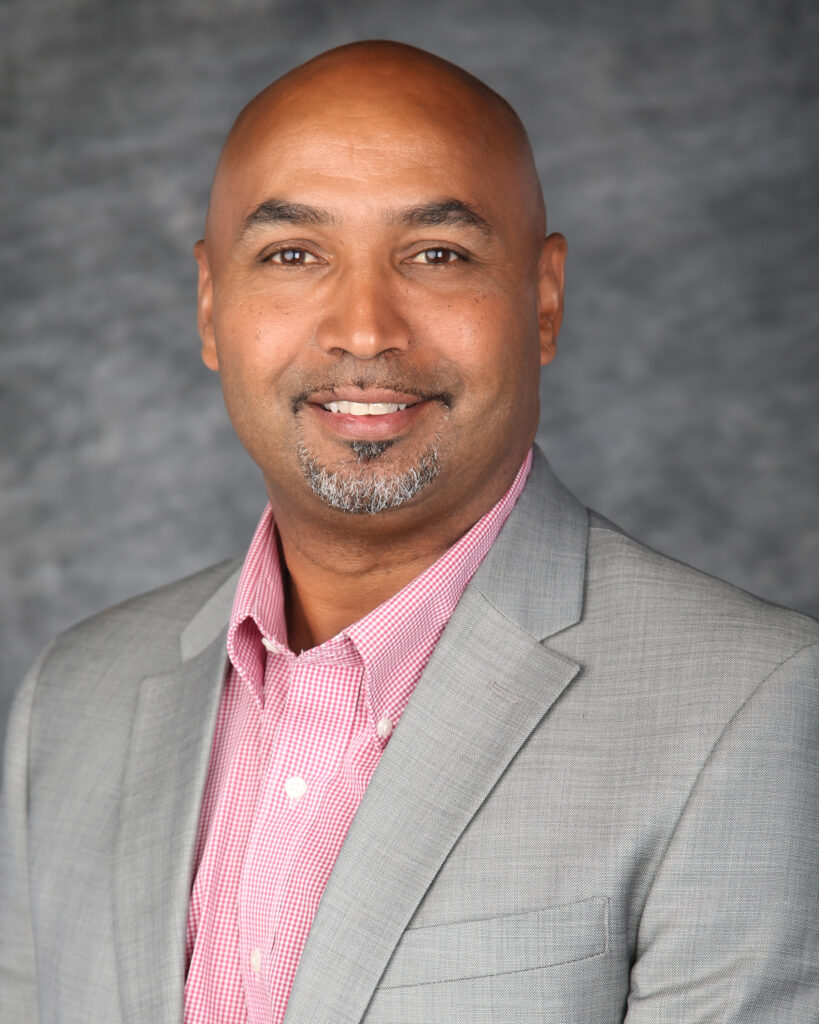
Peoria, Arizona

Kalamazoo, Michigan
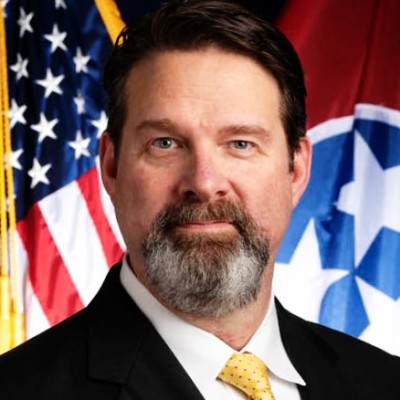
Tennessee

Tulsa, Oklahoma

Sedgwick County, Kansas

San Jose, California

New Braunfels, Texas
The Schedule
Event Registration
Opening Keynote
Strategy Session/Business Meeting
Afternoon Refreshments and Networking
Strategy Sessions/Business Meetings/Roundtable Discussions/Workshops
Free Time
Welcome Reception and Dinner
Networking Breakfast
Morning Keynote/Panel Session
Strategy Sessions/Business Meetings
Morning Refreshments and Networking
Strategy Sessions/Business Meetings
Workshop/Roundtable Discussions
Networking Luncheon
Roundtables/Business Meetings/Workshops
Afternoon Refreshments and Networking
Strategy Sessions/Business Meetings
Closing Day Keynote
Free Time
Networking Reception and Dinner
Morning Refreshments and Networking
Workshops/Roundtable Discussions
Brunch
Strategy Sessions/Business Meetings
Closing Keynote
Our Commitments to You
Maximized Networking Opportunities
A personal, customized itinerary
Exclusive qualified attendance
return on time and objective
Delegate Testimonials
The Fall Government IT Congress creates an outstanding opportunity to connect with State and Local Government leaders in a more intimate setting that allows for authentic connections with peers. The smaller group size and paced content allows for an open exchange of ideas and perspectives to broaden awareness in the emerging areas of government information technology.
Among the conferences I've attended, this one stands out as a personal favorite. What set it apart for me was its intimate scale and the limited number of vendors. I appreciated the fact that the presenters were prominent leaders in their respective fields, sharing their valuable experiences and providing insightful advice.
As a newly appointed Deputy Director, this was a great networking experience. I thoroughly enjoyed all the session topics and content. I’ve gained valuable insight and possible solutions to some challenges we face. Thank you!
RTM has been great for a networking opportunity. Getting to visit and speaker with other IT Professionals has been a great help!!


